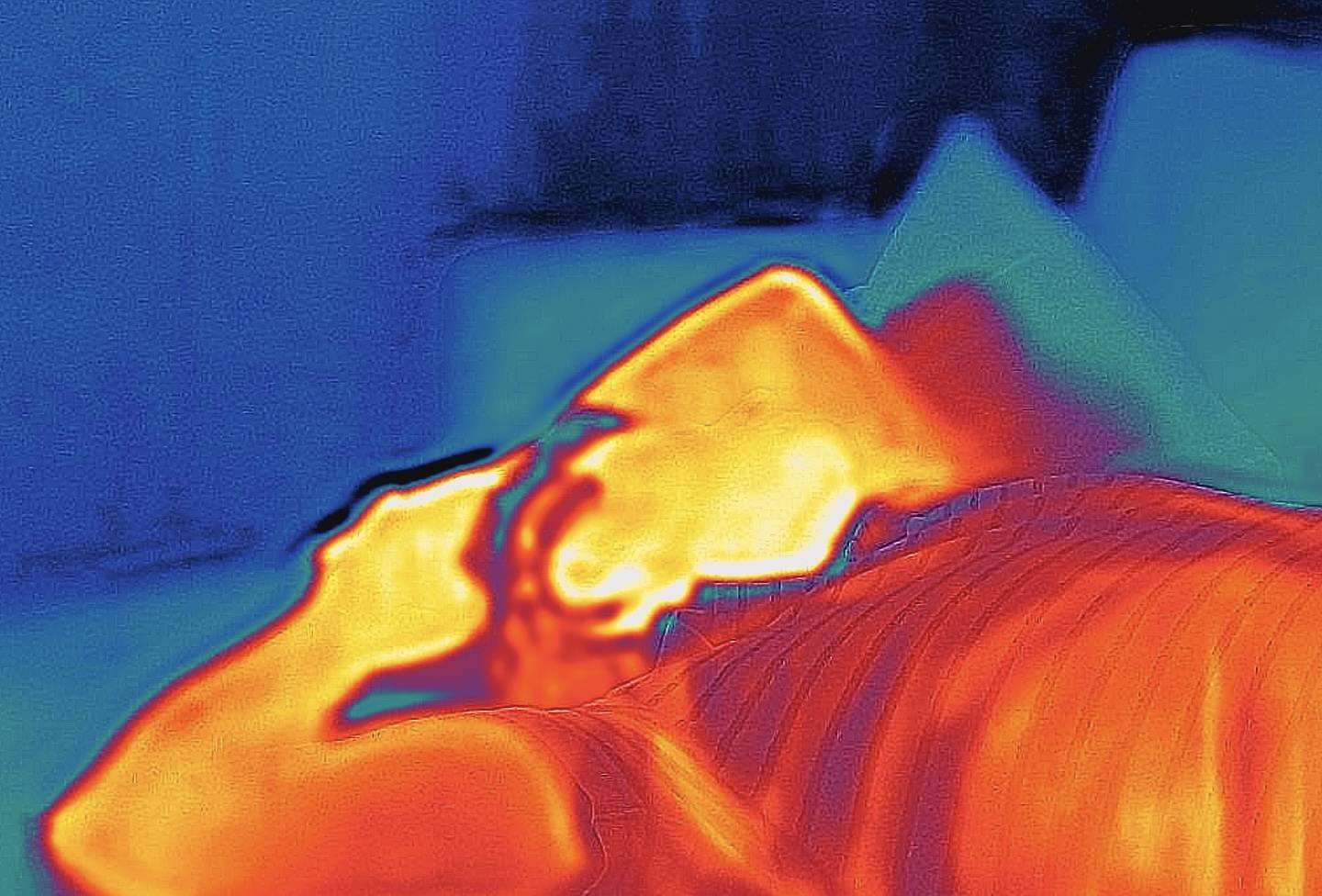


The society that we live in is a society of transparency and positivity, that tries to get rid of all that is negative and that makes everything visible, quantifiable, and profitable. In an environment such as this, there is no space for a form of expression that isn’t pressured to respond submissively to the happiness notion.
To paraphrase Byung-Chul Han (The Palliative Society, 2021), the neoliberal apparatus for happiness has, until now, kept us away from the power dynamics that forces us into individual introspection instead of pushing us to question the critical issues of society considered as a whole.
Suffering has been, in the course of time, more and more privatised and psychoanalysed. As a consequence, every time we are tormented by fear and insecurity, we find it appropriate to blame ourselves, scrutinising our inadequacies and our inefficiencies, instead of attributing part of the responsibility to society at large.
Instead of revolution, we have experienced depression and loneliness.
Loneliness is an emblematic manifestation of pain that active society tries to purge itself of by investing it with an intimate dimension, where it becomes relegated to medicalisation. It is an opaque condition, an emotional “cluster” (involving anger, sadness, grief, and fear for example). It is about the body as much as the mind, physically makes us vulnerable and easily prone to inflammations and disease; eager for warmth and touch.
On the other hand, Loneliness is an ambiguous feeling and could also have desirable and meaningful connotations.
In an interview, the psychotherapist Maria Ludovica Gonzaga affirmed that “there is no clinical diagnosis for loneliness. In 1978, in one of the few research studies in the field of solitude conducted in the last century by the University of California, a scale named UCLA was elaborated, also called the Loneliness Scale, which to this day represents one of the few measuring methodologies used to assess the level of loneliness of a particular subject”.
Following this line of inquiry, we can turn our attention to the United Kingdom. In 2018, Theresa May’s government established The Ministry of Loneliness, the first ministry in the world dedicated to this issue. Among the actions taken by the commission, a letter, written on
the 15th of June 2020 by the Minister of Loneliness, Baroness Barran, destined to all of the citizens confined at home due to self-isolation and quarantine procedures announces a considerable investment in favor of the “fund for the reduction of loneliness”, worth a total of 5 million British Pounds.
The British example has been replicated and followed in 2021 by other countries, such as Canada and Japan, in order to battle the increasing suicide rates aggravated by social isolation and the crisis.
Ministry of Loneliness research expands within different geographies and explores our relationship between loneliness and pain, starting from the structural causes to the common experience of isolation and dissolution of daily life experienced during the pandemic, taking into consideration both the mental and physical effects of loneliness.
Within this line of work, the Ministry for Loneliness becomes a symbolic point of departure from which emerge a mostly non-subjective but political dimension of loneliness, strongly related to neoliberal structures and the forms of subjectivity these structures produce today; as well as the revolutionary power that a newfound collective and meaningful dimension of loneliness and pain could have.
The whole project comprises Cold As You Are, a series of thermal camera images taken by the artist during the research trips, and it will flow into a transmedial installation. The research will be enriched with a processual dimension elaborated in relation to empirical and documentary elements and will be presented in Milan at ICA Foundation in 2023.
Rebecca Moccia's Ministry of Loneliness project is supported by the Italian Council (10th edition, 2021), a program by the Directorate-General for Contemporary Creativity of the Italian Ministry of Culture. The project is realized in partnership with Jupiter Woods and Outset England,(UK), Magazzino Italian Art, (USA), Italian Embassy, Tokyo (Japan), ICA Foundation, Milan (Italy).